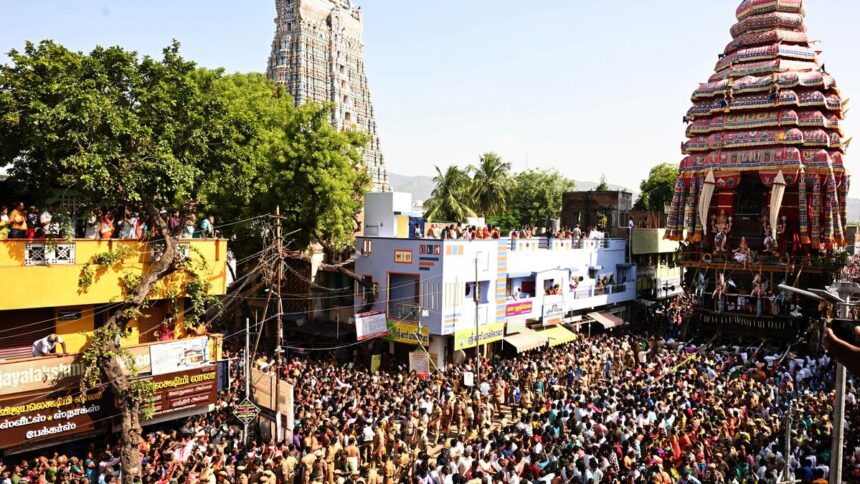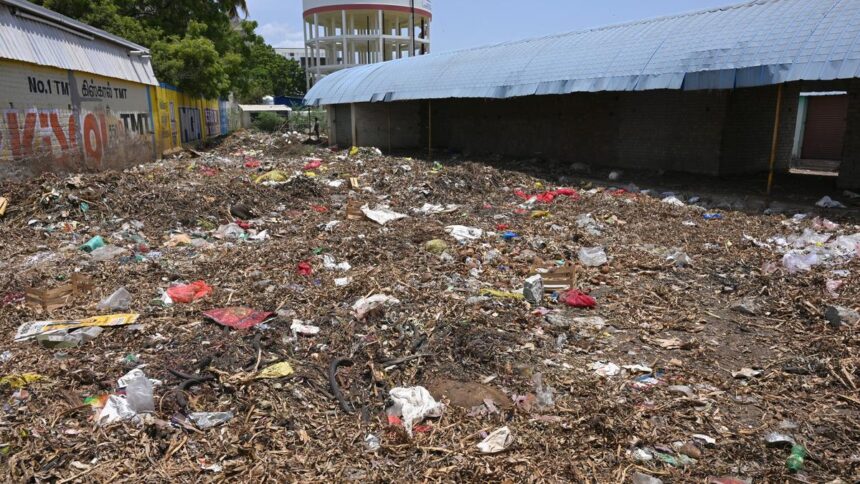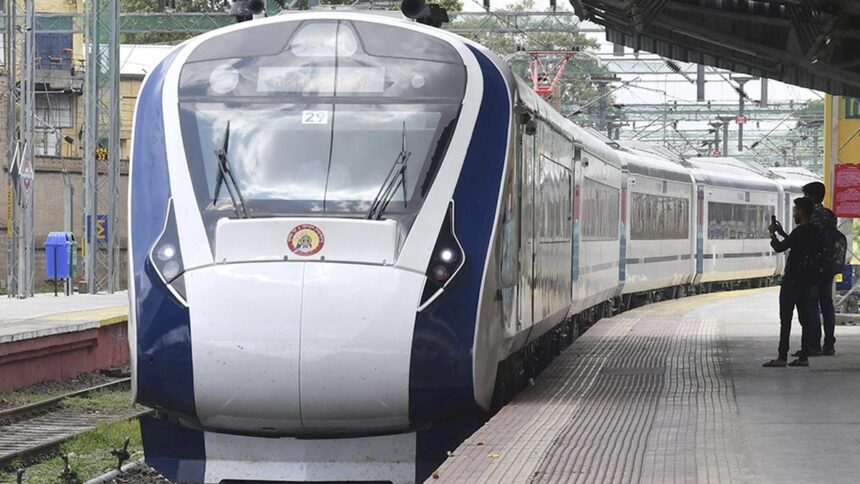The Fast Track Special Courts (FTSCs), meant to speed up trials in rape and child sexual abuse cases, are underperforming in Delhi, according to data recently presented in the Lok Sabha by Law Minister Arjun Ram Meghwal.
The national capital figures in a list of States and Union Territories with delayed trials in FTSCs.
In a bid to curb crimes against women and children, the Central government had enacted the Criminal Law (Amendment) Act, 2018, introducing stricter provisions. By March that year, 1,66,882 rape and POCSO cases were pending in courts across the country.
Concerned by the backlog, in July 2019, the Supreme Court directed that any district with more than 100 pending POCSO cases must have an exclusive special court to handle them.
Acting on this direction, the Central government, in August 2019, launched FTSCs exclusively for cases related to rape and child sexual abuse.
Under the scheme, each FTSC is tasked with disposing of at least 165 cases annually.
As of June 30 this year, 725 FTSCs, including 392 exclusive POCSO courts, are functional in 30 States and Union Territories.
Delhi currently has 16 FTSCs, including 11 exclusively for POCSO matters. Since its inception, 6,278 cases have been institutedin these courts, but only 2,718 have been disposedof as of June 30.
Toll on survivors
Unnecessary delay in the legal process involving rape cases only serves to prolong the victim’s suffering, according to jurists.
“The trauma experienced by survivors of sexual assault is profound and enduring, and each moment spent waiting for justice exacerbates their pain,” Justice Swarana Kanta Sharma of the Delhi High Court had observed in a March 2024 ruling related to a rape case.
“This delay in the administration of justice not only interferes with their healing process but also prolongs their journey towards closure and recovery from such a traumatic experience,” Justice Sharma noted.
‘Needless delays’
Advocate Shilpi Jain, who secured a conviction in just 11 days in a high-profile German tourist rape case in Alwar, Rajasthan, in 2006, says the delays are “avoidable”.
“Fast-track special courts are not fast at all. These cases rarely have many witnesses. They could conclude in two months if there’s seriousness,” Ms. Jain stated.
“As far as rape cases are concerned, there is rarely any eyewitness. Cross-examination is never lengthy. So it should conclude in two months,” she said.
“The spirit behind setting up FTSCs was that these courts must finish the cases much before regular courts. But, they end up becoming the same,” she commented, attributing delays to a lack of seriousness, which has to come from the State.
‘Political gimmick’
Meanwhile, senior advocate Rebecca John questioned the very premise of FTSCs, calling them a “political gimmick”.
“I have been a long-term opponent of FTSCs. How many cases can you fast-track? The docket is overflowing with cases. When you fast-track one case, it is at the cost of another case,” the senior advocate told The Hindu.
“It is nothing but a political gimmick which is employed from time to time to satisfy public outrage, but nothing comes out of it. There is no substitute for more infrastructure. You can’t pull out the same judges from the same pool and give them a few cases, and say fast track it,” Ms. John underscored.
Published – August 11, 2025 01:41 am IST




















